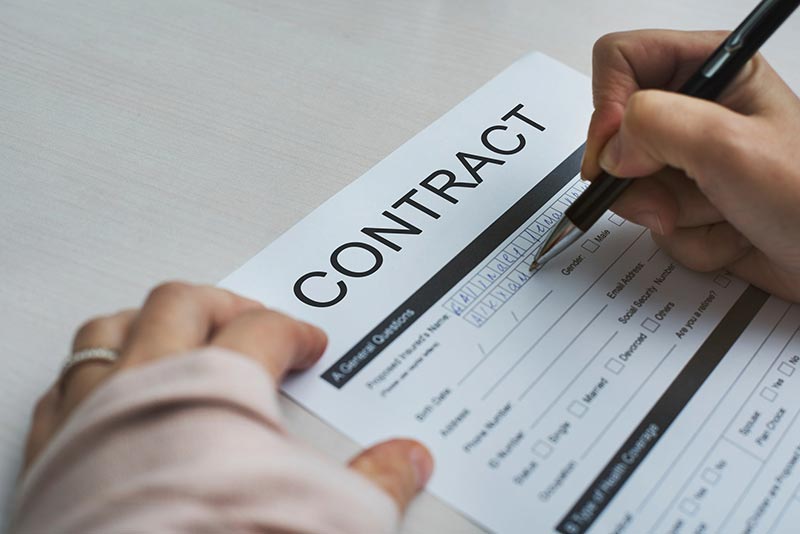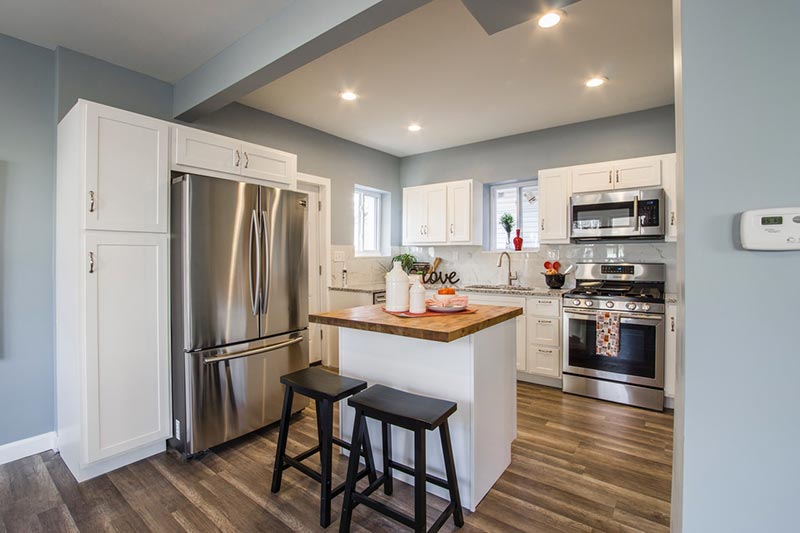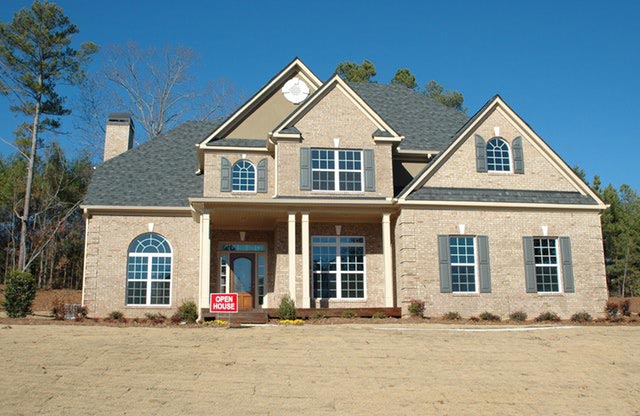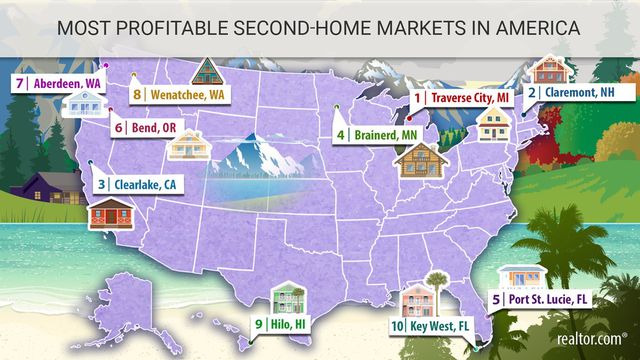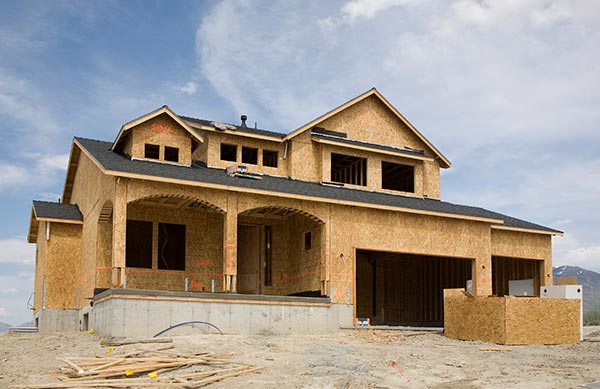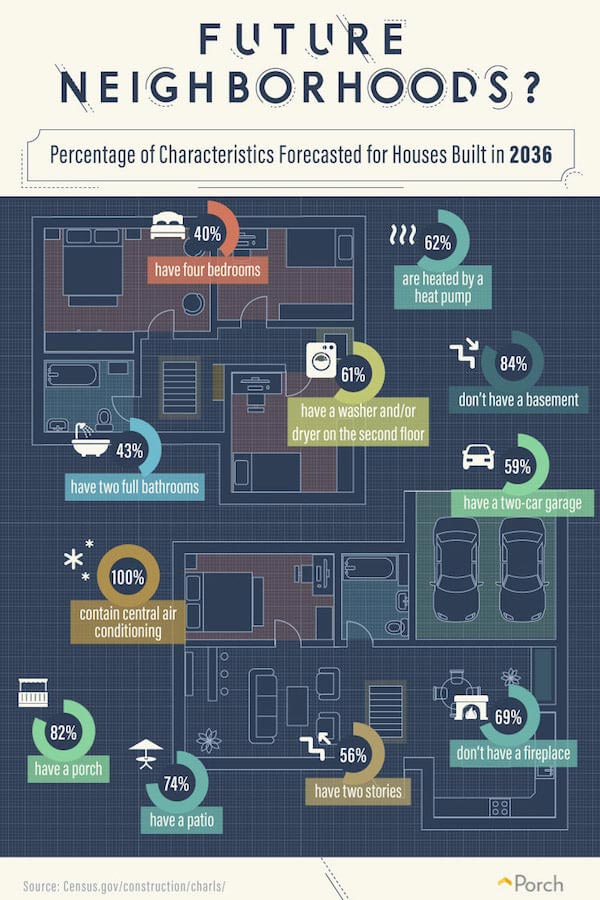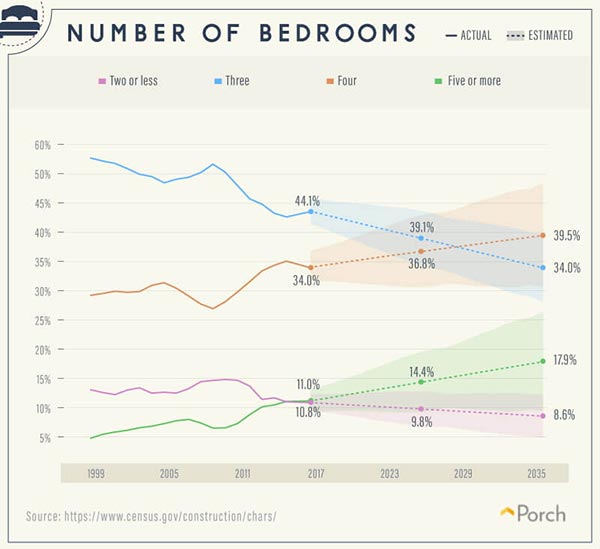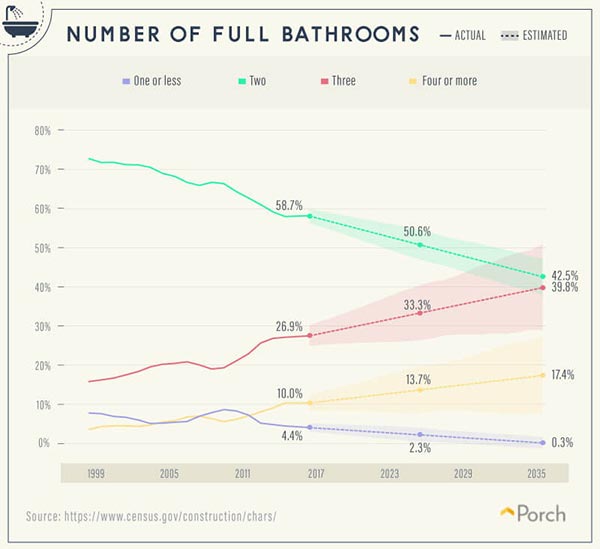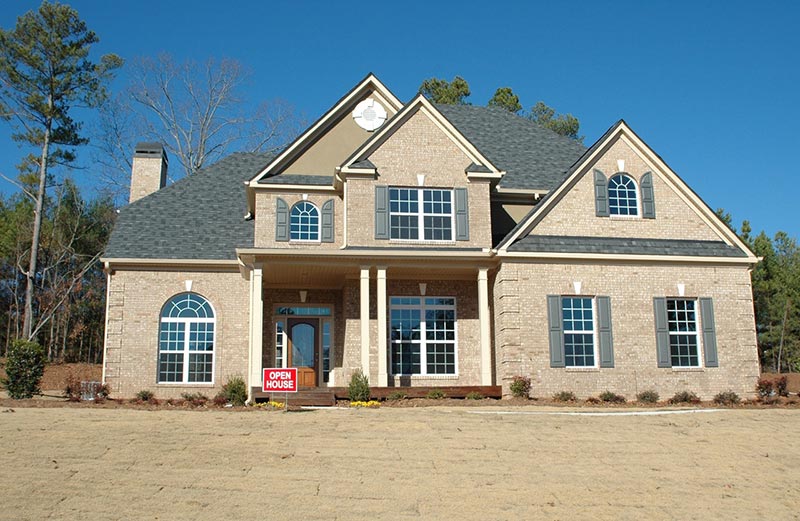
Rising home prices coupled with a lack of inventory in today’s market may cause some homeowners to consider selling their home on their own (known in the industry as a For Sale By Owner). However, a FSBO might not be a good idea for the vast majority of sellers.
Online Strategy
Recent studies have shown that 95% of buyers search online for a home. In comparison, only 13% use print newspaper ads. Most real estate agents have an Internet strategy to promote the sale of your home. Do you?
Internet Results
Where did buyers find the home they actually purchased?
- 50% on the Internet
- 28% from a Real Estate Agent
- 7% from a yard sign
- 1% from newspapers
The days of selling your house by putting up a sign and listing it in the paper are long gone. Having a strong Internet strategy is crucial.
Too Many People to Negotiate With
Here is a list of some of the people with whom you must be prepared to negotiate if you decide to For Sale By Owner:
- The buyer who wants the best deal possible
- The buyer’s agent, who solely represents the best interest of the buyer
- The buyer’s attorney (in some parts of the country)
- The home inspection companies, which work for the buyer and will almost always find some problems with the house
- The appraiser, if there is a question of value
FSBOing Has Become Difficult
The paperwork involved in the process has increased dramatically as industry disclosures and regulations have become mandatory. This is one of the reasons that the percentage of people FSBOing has dropped from 19% to 7% over the last 20+ years.
You Net More Money
Many homeowners believe that they will save the real estate commission by selling on their own. Realize that the main reason buyers look at FSBOs is because they also believe they can save the real estate agent’s commission. The seller and buyer can’t both save the commission.
A study by Collateral Analytics revealed that FSBOs don’t actually save anything by forgoing the help of an agent. In some cases, they may actually cost themselves more. One of the main reasons for the price difference at the time of sale is:
“Properties listed with a broker that is a member of the local MLS will be listed online with all other participating broker websites, marketing the home to a much larger buyer population. And those MLS properties generally offer compensation to agents who represent buyers, incentivizing them to show and sell the property and again potentially enlarging the buyer pool.”
The more buyers that view a home, the greater the chance of a bidding war for the property. The study found the difference in price between comparable homes of size and location is currently at an average of 6%.
Listing on your own leaves you to manage the entire transaction yourself. Why do that when you can hire an agent without additional cost?
Before you decide to take on the challenge of selling your house on your own, sit down with a real estate professional in your marketplace to discuss your needs.

